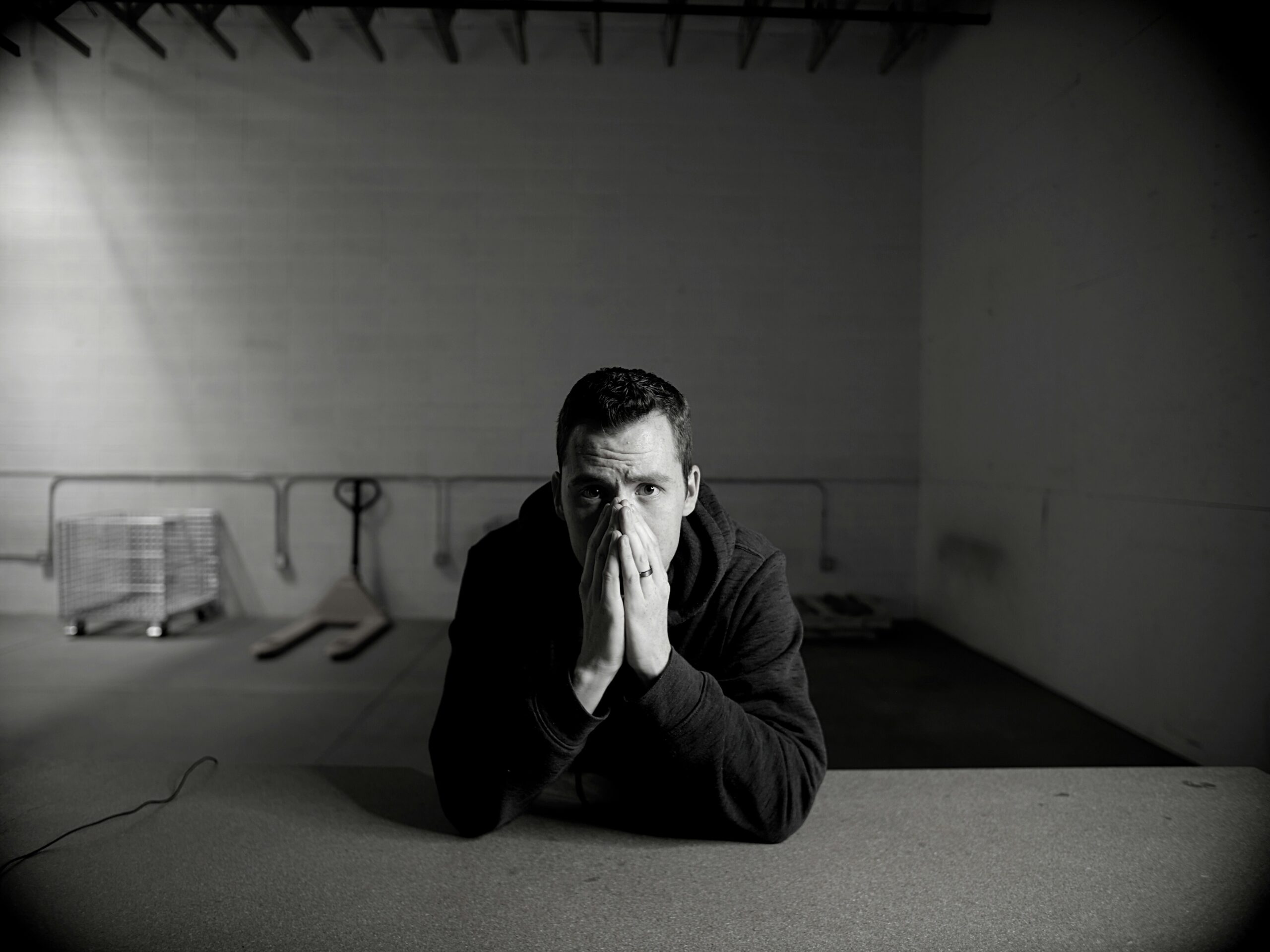Anxiety has a sneaky way of convincing us that our worst fears are facts. It connects dots that don’t actually exist and spins a narrative that feels urgent, real, and personal. But when we let that narrative take over, our thoughts, and ultimately our actions, start to reflect fear rather than reality.
When Thoughts Spiral, So Do Our Actions
Let’s say your friends hang out without inviting you. Anxiety might tell you, “They left you out on purpose. They don’t really like you.” That thought snowballs, and before you know it, you’re ignoring them, pulling away, or even blocking them – actions that don’t reflect your values, but your fear.
Anxiety Thrives on Isolation and Self-Sabotage
That’s what anxiety does – it convinces us to disconnect, retreat, and protect ourselves in ways that are ultimately harmful. It tells us we’re not wanted, not safe, not enough. And when we listen, we start making decisions that reflect those fears instead of our values.
Choose a Grounded Thought Instead
One of the most powerful things you can do is pause and reality-check the story anxiety is feeding you. Ask yourself: what are some realistic, non-threatening explanations for this situation? Most of the time, you’ll find there are several. Then, choose to act based on that story instead. Maybe you go about your day as usual. Maybe you text your friends to say hi or ask how their plans went. Maybe you take it as a chance to enjoy some solo time. When your thoughts shift, your actions follow – and your anxiety loses a little more power.
Something as simple as shifting one anxious thought can change your entire response – and by extension, your relationships, your peace, and your sense of self. The more you practice separating your identity from your anxiety, the more freedom you create in your life.
If anxiety is causing tension in your relationships or pushing you toward decisions that don’t feel true to who you are, we’re here to help. Schedule a session with one of our therapists today – you don’t have to figure it out alone.










